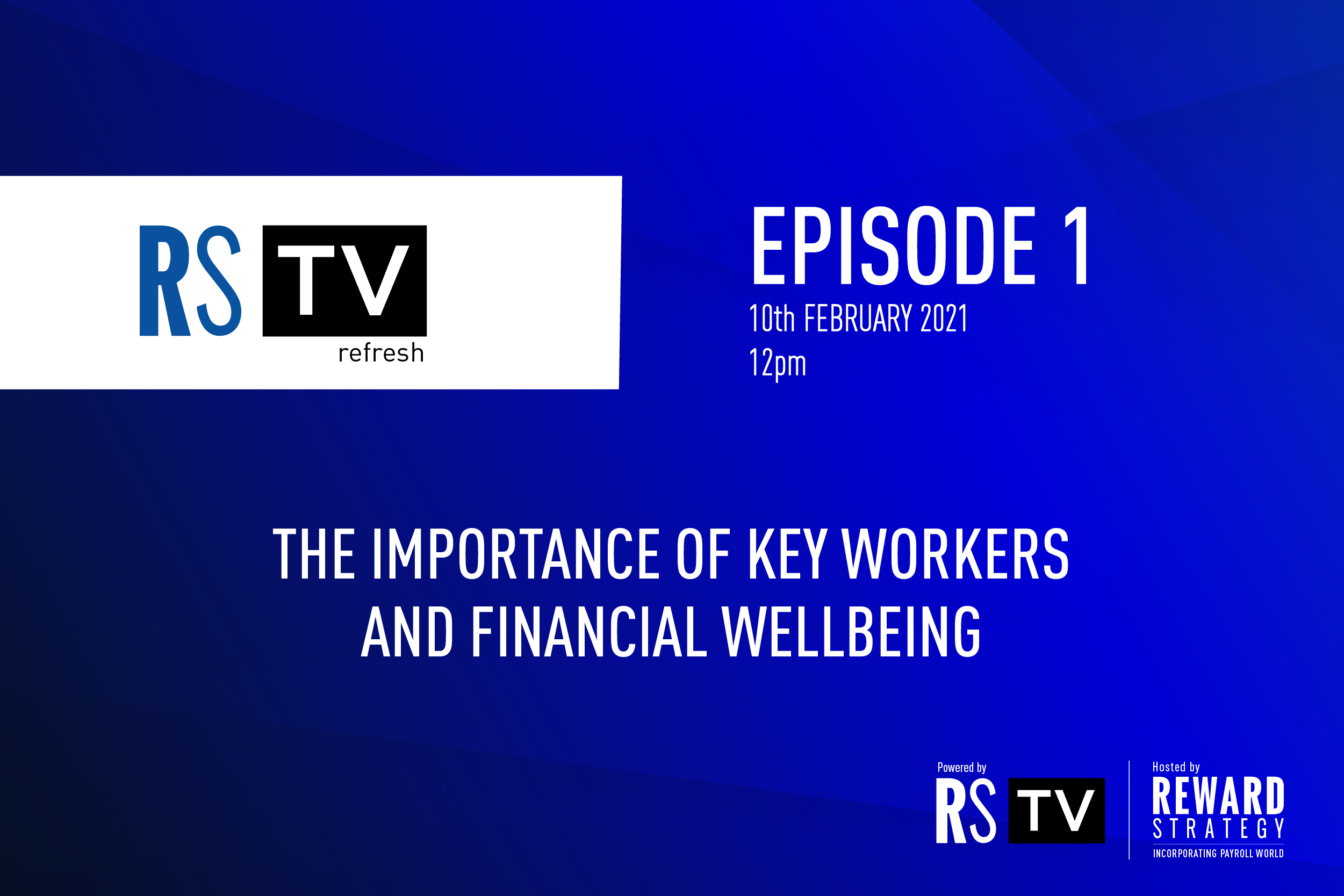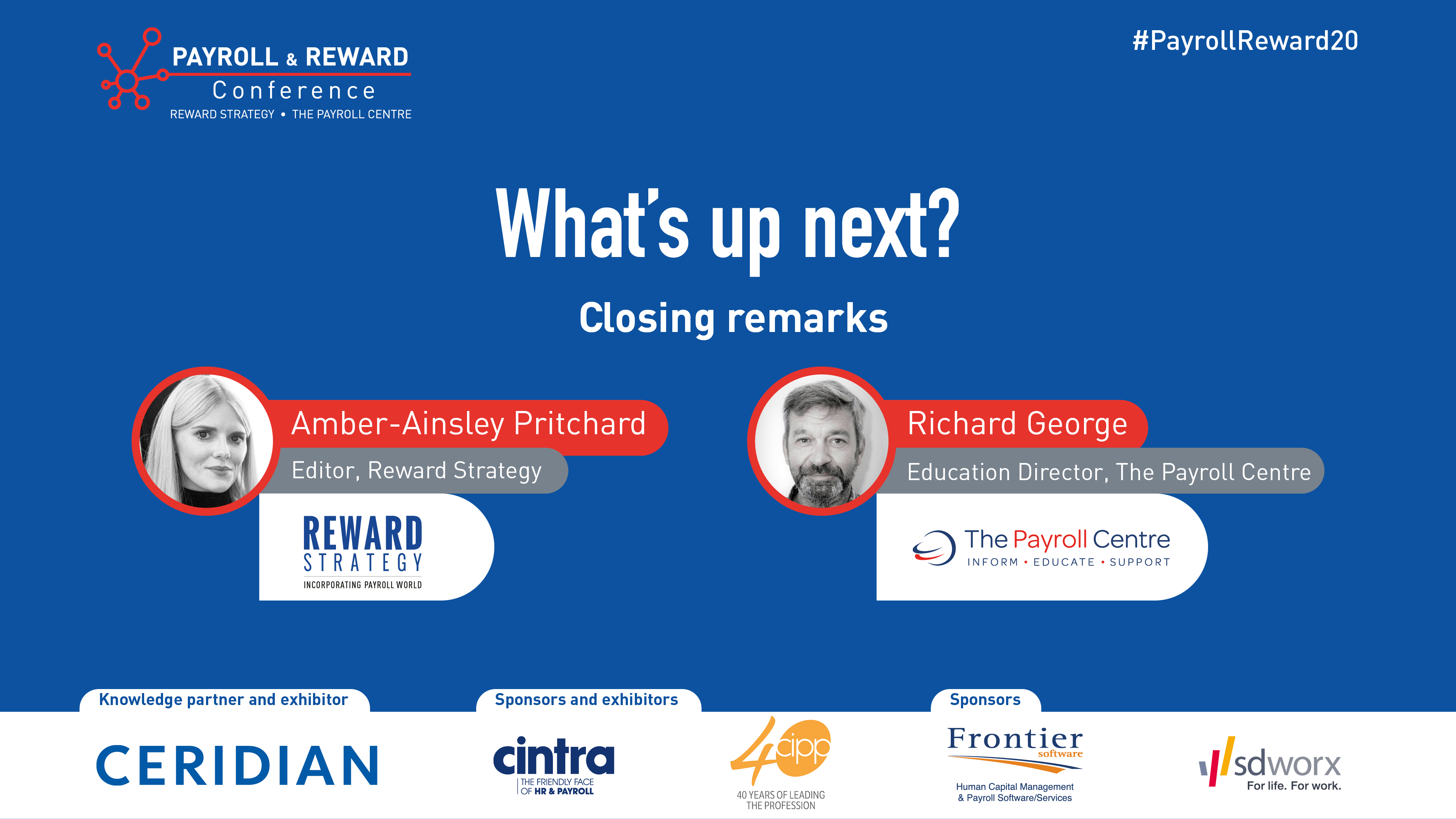Intelligence, community and recognition for pay and reward professionals.
Money’s too tight (to pension)
Simply Red sang “Money’s too tight” in the 1980s, striking a chord with many during the economic downturn. At that time, getting a job was the issue for students. Now it’s paying off debt.

In both circumstances, having enough money to live is a big problem. The difference these days is that employment prospects are much improved and new jobbers have different work life expectations. The onus is much more on employers to provide support and to demonstrate that employee experience (from hire to retire) matters. In short, to be seen as an employer of choice.
Financial wellbeing
If you’re struggling to get to grips with financial wellbeing, you’re not alone. Faced with mounting evidence on the cost to business of employee financial stress, most employers know they should be doing something. But what? With an absence of dedicated time and resource, most feel the provision of an auto -enrolment pension is the only achievable end goal.
It’s a good start, but it’s unlikely to be of much use or value to the younger generation who are just out of school or university and already facing a mountain of debt. It could pay, in recruitment and retention terms, to get a little more targeted and relevant to employee need.
Let’s face it, times – and needs – have changed considerably since the 80s and 90s (when Generation Y were born into this world).
Then, unemployment was at an all-time high and newly introduced personal pensions heralded a mis-selling scandal. Many lucky enough to have a job chose to ditch their company pension scheme (and, with it, the employer contributions included) in favour of personal pensions with only minimal contributions.
Yet, times have changed. Job prospects have improved and auto-enrolment has ensured that every qualifying employee has access to a pension, which includes mandatory employer contributions.
The main problem now for new jobbers is how they can afford to live and pay off their debts. Average student loan debt in England, on entry to repayment, now stands at £34,800.
Strategy first, tools second
Support from employers to help reduce debt makes sense, but financial wellbeing strategist Darren Laverty cautions against simply putting in place a debt repayment tool.
Laverty said: “Most people start with the end game – the ‘tools’ – where a focus first on strategy is needed.
“What do you want financial wellbeing to look like in your organisation? It should be about changing behaviours and creating good habits. For example, ask yourself whether debt repayment tools are helping people build a solid financial foundation, or simply normalising and compounding debt.”
He advocates education and access to workplace savings propositions, perhaps contributing towards an Individual Savings Account (ISA) to help encourage the savings habit from an early age. Such a savings habit may make individuals more inclined to support their pension once debts are under control.
This approach should form part of a company’s wider employee experience strategy, adds Andrew Woolnough, director of HR solutions at Equiniti.
He said: “Corporate governance reform is ensuring that employers will need to focus much more on employee wellbeing. It’s this, amongst other things, that’s driving a move towards employee experience.
“Just as customer experience is driven by insights, analysis and understanding of what makes individuals loyal to a brand, employee experience utilises very similar means to help ensure that employees want to stick around.”
From generation to generation, money has always (and will always) be too tight to put towards a pension - for youngsters specifically. Circumstances may have changed but, arguably, this particular problem hasn’t. What has changed is the need for employers to provide relevant wellbeing support to all their people. In fact, business success now depends on it.





